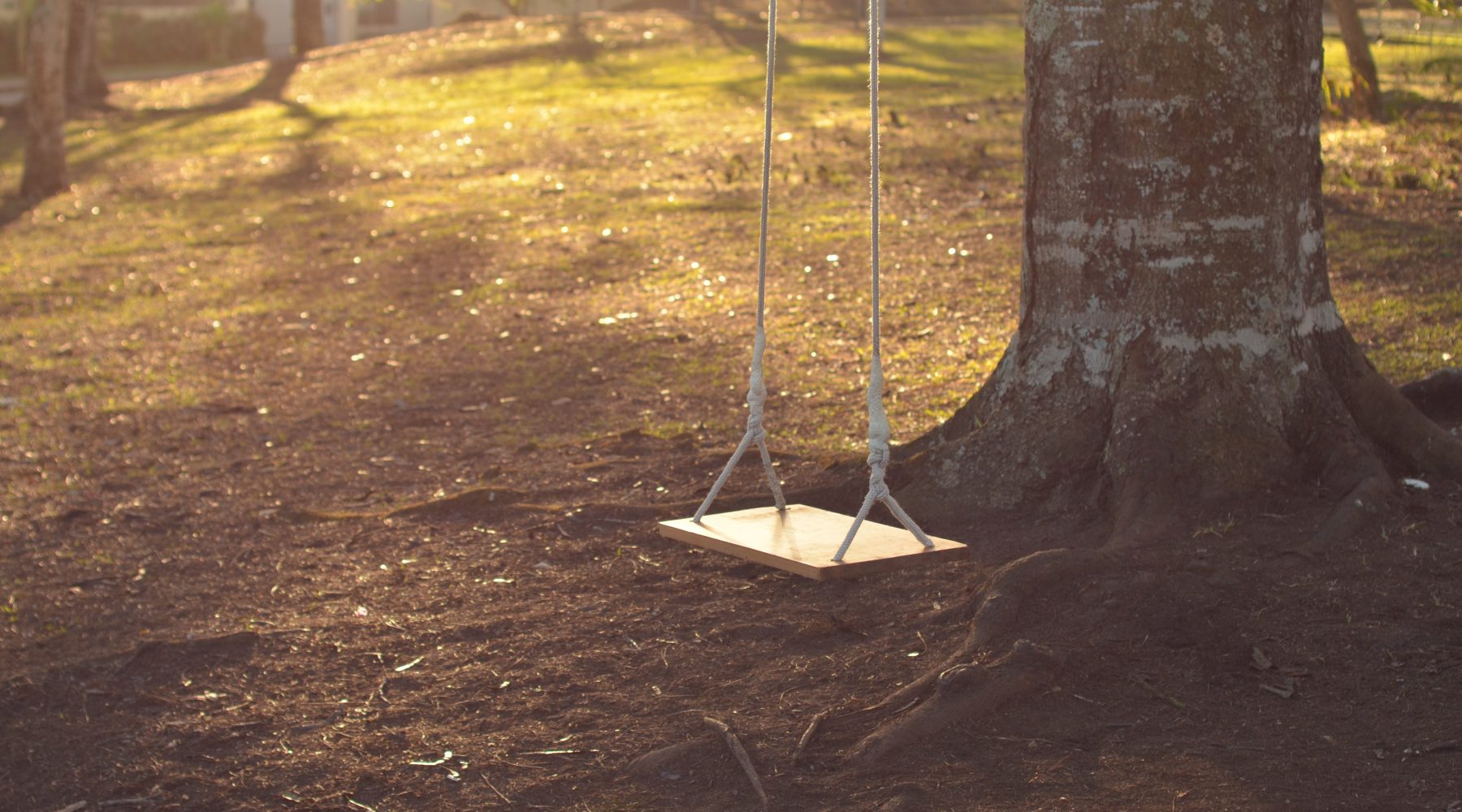UniSA conducts world first review of the importance of nature play

Researchers from the University of South Australia (UniSA) have conducted a world-first review of the importance of nature play which they believe could transform children’s play spaces, supporting investment in city and urban parks, while also delivering important opportunities for children’s physical, social and emotional development.
The systematic review explored the impacts of nature play on the health and development of children aged between two and twelve years, finding that nature play improved children’s complex thinking skills, social skills and creativity.
Led by UniSA masters student Kylie Dankiw and researcher Associate Professor Katherine Baldock, the study is the first to provide evidence that supports the development of innovative nature play spaces in childcare centres and schools.
Ms Dankiw said that while nature play has become more popular with schools and childcare centres has become more popular in recent years, with many sites re-developing play spaces to incorporate natural elements, such as trees, plants and rocks, little empirical evidence has been gathered to support the investments.
“Our research is the first to rigorously, transparently and systematically review the body of work on nature play and show the impact it has on children’s development. We’re pleased to say that the findings indicate a positive connection between nature play and children’s development,” she added.
The researchers expect that the findings will be valuable for early childhood educators, health practitioners, policymakers and play space designers, and that this information may influence urban play environments and re-green city scapes.
Over 2,920 peer-reviewed articles were included in the research, which consolidated 16 studies that involved unstructured, free play in nature (forest, green spaces, outdoors, gardens) and included natural elements (highly vegetated, rocks, mud, sand, gardens, forests, ponds and water) to determine the impact of nature play on children’s health and development.
It found that nature play improved children’s levels of physical activity, health-related fitness, motor skills, learning, and social and emotional development. It also showed that nature play may deliver improvements in cognitive and learning outcomes, including children’s levels of attention and concentration, punctuality, settling in class (even after play), constructive play, social play, as well as imaginative and functional play.
“Nature play is all about playing freely with and in nature. It’s about making mud pies, creating stick forts, having an outdoor adventure, and getting dirty,” Ms Dankiw said.
“These are all things that children love to do, but unfortunately, as society has become more sedentary, risk averse and time-poor, fewer children are having these opportunities.”
To review the findings in full, please see here.
Popular

Workforce
Policy
Quality
Practice
Provider
Research
ECEC must change now, our children can’t wait for another inquiry
2025-07-02 07:47:14
by Fiona Alston

Events News
Workforce
Marketplace
Practice
Quality
Provider
Research
An exclusive “Fireside Chat” with ECEC Champion Myra Geddes
2025-07-01 11:25:05
by Fiona Alston

Workforce
Practice
Provider
Quality
Research
Supporting successful transitions: Big moves, big feelings
2025-06-26 11:00:30
by Fiona Alston











